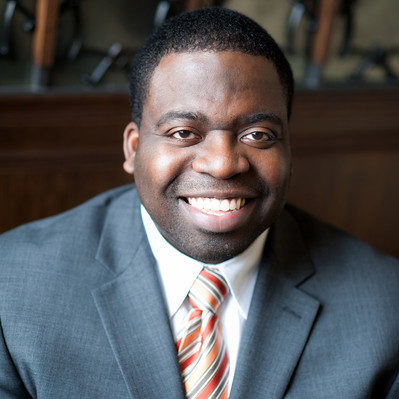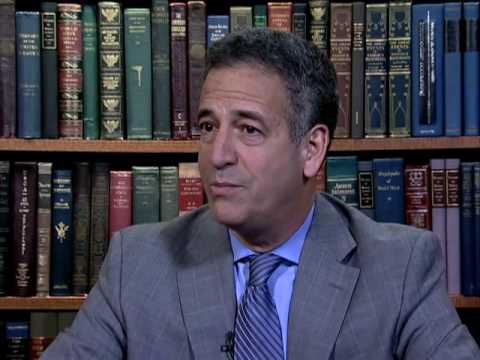I know this is late, but I am not the biggest fan of Russ Feingold the legislator. He is a Democrat who often chose being correct on the Senate floor over applying the correct leverage in the Senate back rooms.
More recently, he’s done plenty of things that should have earned him more scorn from progressive activists. He joined the GOP in filibustering financial reform because he thought it should’ve been tougher on banks. What eventually happened? Well, Democrats needed an additional vote to break the filibuster, so they got Scott Brown to turn against the filibuster in exchange for an $18 billion giveaway to banks, mostly in his state. The net effect of Feingold’s filibuster was giving $18 billion to banks. This is the sort of thing that anybody with more tactical sense than a popsicle would recognize and then go along with the bill.
Bernie Sanders, who is to the left of Feingold, illustrated a way to properly legislate for a left of center politician in the majority party in their chamber of congress. Due to the fact that Health Care Reform did not have Public Option, he threatened to withhold his vote from the 60 vote majority and used that leverage to get $11B in funding for Community Health Centers to be built across the nation. Community Health Centers are key to providing primary care for the working class and poor and reducing the costs of providing primary care.
The Dodd-Frank bill — named after Dodd and Rep. Barney Frank (D-Mass.), who ushered it through the House — passed by a vote of 60 to 39. Three Republican senators — Scott Brown of Massachusetts and Olympia J. Snowe and Susan Collins of Maine — joined 57 members of the Democratic caucus in support. Sen. Russell Feingold of Wisconsin was the lone Democratic opponent, saying the measure didn’t go far enough.
To contrast, consider the nothing Feingold got us from opposing the Fin Reg bill. Feingold extracted no compromise. He just refused to vote for the Dodd-Frank Fin-Reg bill because it didn’t go far enough. Feingold could not bring himself to find any compromise or additional provision that would have made the bill worth supporting. Scott Brown did. For his vote, Brown negotiated a removal of the $19 billion dollar fee to be charged banks to pre-fund the financial reforms without adding any money to the deficit. Instead Brown demanded that the costs of the Dodd-Frank finreg bill be offset by “spending cuts”.
Quite late in the committee’s negotiations, the Congressional Budget Office examined the near-final version of their bill and said that the bill contained about $19 billion in likely costs to taxpayers over time, and so under pay-go laws, that cost would have to be offset. Barney Frank inserted a tax on large banks and hedge funds to cover the cost. And this is what Brown opposes: A tax on banks to pay for the cost of a bill that regulates banks.
…
Instead, Brown is insisting that the committee find $19 billion in spending cuts to support the legislation. So the banks are getting a new regulatory structure meant to prevent another round of chaotic failures, but Brown doesn’t think they should have to pay for it. Instead, other programs and services should be cut.
That Scott Brown vote, had to be secured instead of Feingold’s. He could have taken the opportunity to negotiate something more progressive that wasn’t in the bill. Instead, he took his ball and went home and now the reform he didn’t like, is now the unfunded reform he didn’t like. Here’s Feingold talking about the major things FinReg didn’t do.
Yes it wasn’t complete, yes it wouldn’t have stopped the crisis of 2008, but it helped to begin the roll back 40 years of supply side economics and deregulation. Our consumers are better of with the foundation laid in the Dodd-Frank bill. It was a start to reformating how our government can safely regulate the financial industry.
Feingold took a lot of stands, like voting against the Patriot Act and TARP that really didn’t amount to anything except principled protest. His primary job was to legislate. His all or nothing principles actually resulted in a less favorable bill for Democrats and the American public.

